Desde las alforjas- from the saddlebags
Well I just got back from Thanksgiving with the 'rents and went through some of my books that I left there. Of which I brought seven or so choice ones home:
Sor Juana Inés de la Cruz
Poesía lírica
Sor Juana is the most important poetess of the Baroque era. Meaning, she is not included in anthologies as a gesture of pity but really measures up to everyone else.
Her long poem Primero Sueño details the journey of the human intellect in its quest to comprehend the universe. Very impressive stuff.
Garcilaso de la Vega
Poesía castellana completa
I had been looking for this volume and thought I lost it. Garcilaso was one of the innovators of Spanish poetry in the XVI who was able to adapt the language to Italian poetic meter with a balance and harmony of style unequaled by anyone.
Diccionario de escritores latinoamericanos (siglo XVI a siglo XX)
This is volume containing the biographies of the most important Latinamerican writers from the 16th to 20th centuries. Very cool.
The Essential Plotinus
Selection from Plotinus' works.
Giovanni Verga
I Malavoglia
A novel from the 1880's which popularized Il Verismo- as the incarnation of the Realist movement in Italy was called. It features down to earth proverbial dialogue and language, charting the fortunes of one family and their eventual decline.
Juan Ramón Jiménez
Platero y yo
A children's book about a village idiot and his donkey written in poetic prose.
Embajada a Tamorlán
A record of a Castilian expedition into Asia during the early 1400's. Features descriptions of Greece, and Constantinople right before it was captured by the Turks.
It was a diplomatic mission in response to a letter sent by the Mongol monarch Tamburlaine to King Enrique of Castile.
Ronald Knox
Captive Flames
A selection of addresses given over the years on various Saints.
Jonathan Swift
Gulliver's Travels
I had to read this book in high school and really enjoyed the last book. But I have always wanted to read it again given my better knowledge of European Baroque culture.
Also my interest in satire is a plus. Along with the whole "damn human race" he nails the Whigs pretty good in this one.
Actually, it confirms what I have been forming in my mind for a while, that through out history Satire been cultivated by and large by Conservative elements in society. This goes contrary to the trend that the Counterculture ushered in during the late 60's but I think it holds true in the long and the thick of it from the Romans, who started the genre, up till now. More on this later.

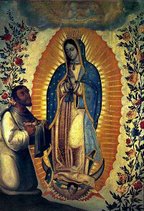
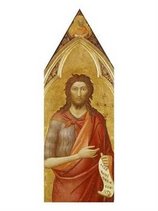


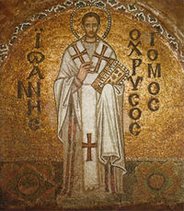
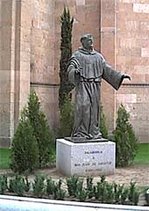

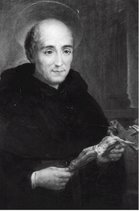





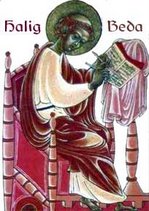
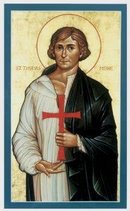
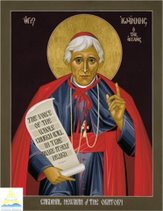




No comments:
Post a Comment